The Best TV Shows on ORTF Télévision
Every ORTF Télévision Show Ranked From Best To Worst
As of February 2026, our compilation of ORTF Télévision’s top-rated series boasts over 20 unique shows. For top-tier entertainment, ORTF Télévision delivered Reflets de Cannes and Cinépanorama in 1954 and 1956. A broadcaster of distinction, ORTF Télévision has aired more than 20 shows between 1954 and 1976.
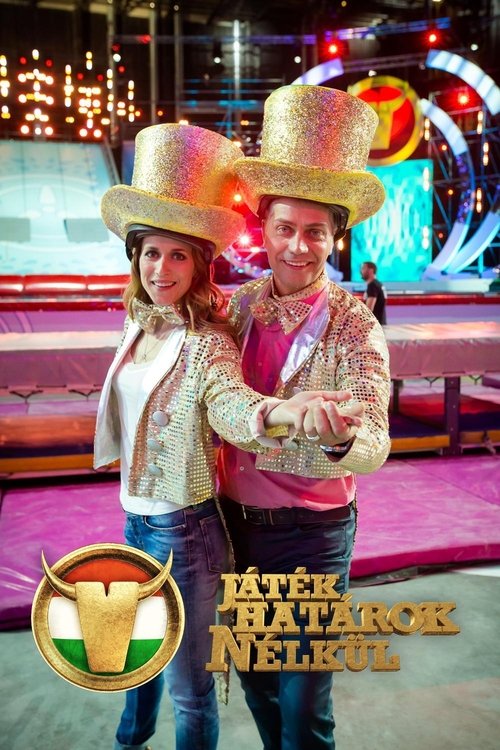 Jeux Sans Frontières (1965)8.7
Jeux Sans Frontières (1965)8.7Jeux Sans Frontières was a Europe-wide television game show. In English-speaking countries, the show is also known as It's a Knockout, the title of the BBC's domestic version. In its original conception, it was broadcast from 1965 to 1999 under the auspices of the European Broadcasting Union and featured teams from different European countries in outlandish costumes competing to complete bizarre tasks in funny games. The original series run ended in 1982 but was revived a few years later with a different complexion of nations and hosted by smaller broadcasters. In the United Kingdom, participants came from the heats of It's a Knockout. The original presenter was Mcdonald Hobley, but he stayed for just one season before handing over to Katie Boyle, who in turn was replaced by David Vine and Eddie Waring. It was not until 1971 that the presenter most associated with the role, Stuart Hall, took over presenting the UK heats and also provided the British commentary for the international version along with Waring, who was better known as the BBC's Rugby League commentator. Wales had its own team between 1991 and 1994 and the programme was broadcast on S4C in Welsh by Iestyn Garlick.
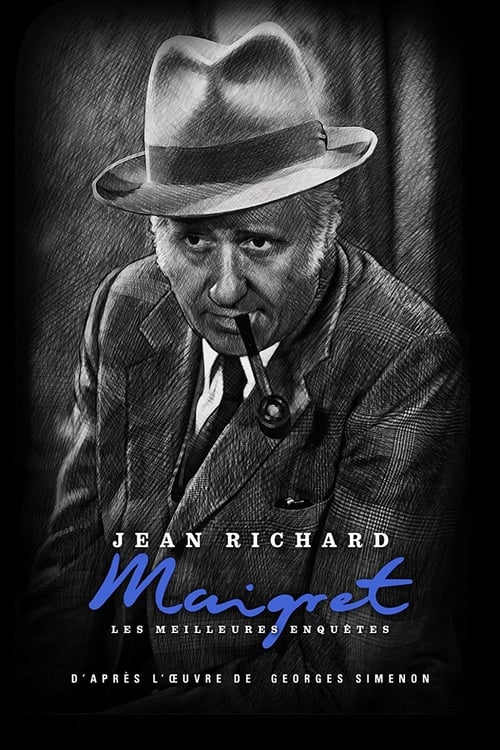 The Investigations of Commissioner Maigret (1967)8.7
The Investigations of Commissioner Maigret (1967)8.7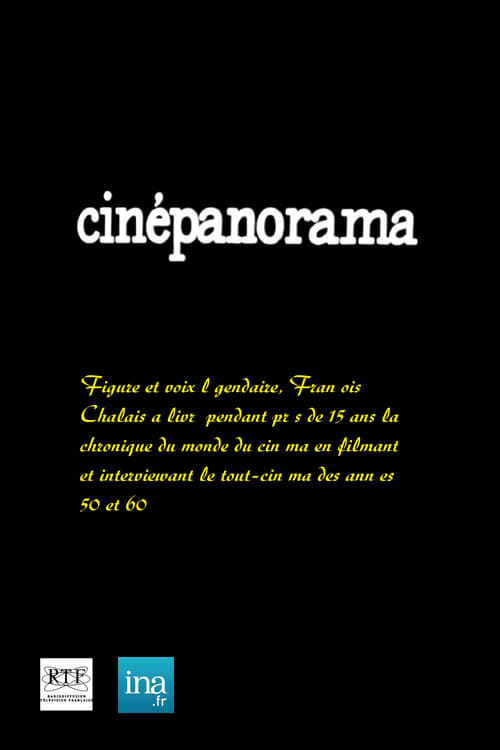 Cinépanorama (1956)8.0
Cinépanorama (1956)8.0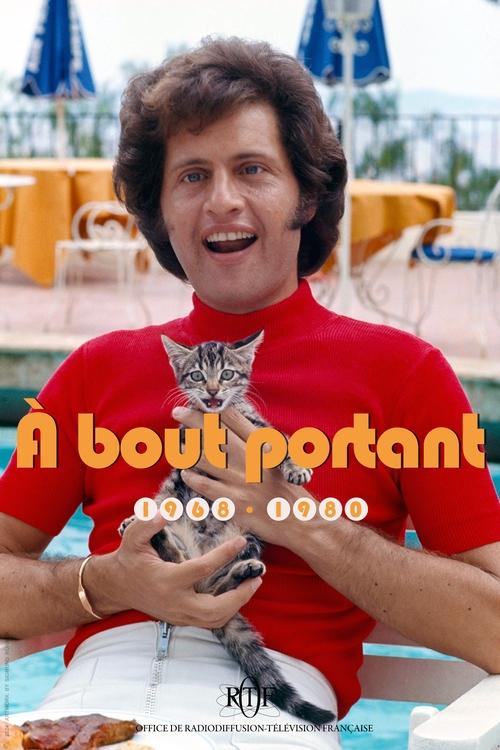 À bout portant (1968)8.0
À bout portant (1968)8.0 Le Grand Échiquier (1972)8.0
Le Grand Échiquier (1972)8.0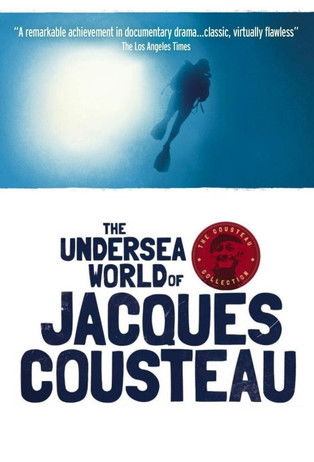 The Undersea World of Jacques Cousteau (1968)7.9
The Undersea World of Jacques Cousteau (1968)7.9The intrepid undersea explorer and author circles the globe on his floating laboratory, Calypso, in this occasional series. A pioneer in marine study, the red-capped Frenchman introduced generations of landlubbers to the creatures and mysteries of the sea.
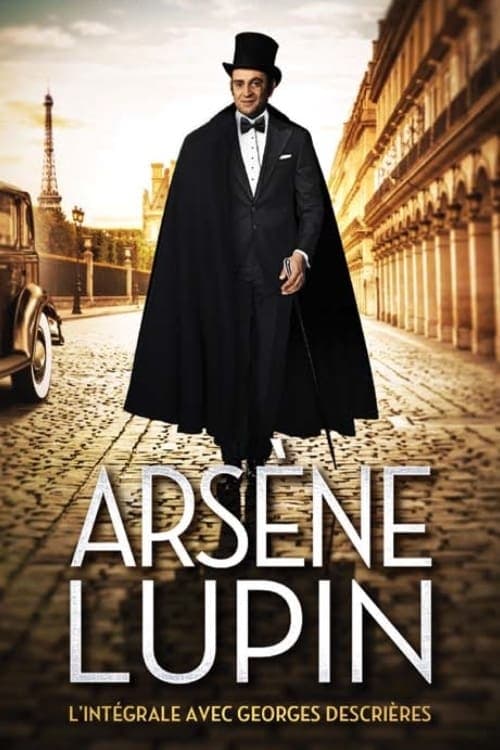 Arsène Lupin (1971)7.7
Arsène Lupin (1971)7.7Arsène Lupin is a French TV show which was co-produced with German, Canadian, Belgian, Dutch, Swiss, Italian and Austrian TV stations. It was only loosely based on Maurice Leblancs novels. Georges Descrières' portrayal of Arsène Lupin showed more similarity to Graf Yoster than to Maurice Leblanc's original. He behaved in the first place as a perfect gentleman who never got angry. He was always relaxed, because whatever could possibly had bothered him in daily life was taken care of by his butler. It wasn't questioned how he had come to his financial independence although the series sometimes discreetly implied that he was a professional criminal. Besides rescuing damsels in distress Lupin took on criminals, competing with their wit and intelligence. Either he stole paintings from rich people who had to be considered white-collar criminals or he acted as a detective who derailed criminal schemes. However, when he was attacked, he could defend himself effortlessly by using elegant jujutsu methods. Among the guest stars were German actors such as Günter Strack and Sky du Mont. Jean-Paul Salomé said in his commentary on the DVD version of his film Arsène Lupin he had like this series as a child. German TV, one the investors, would broadcast the show eventually between 18:00-20:00 o'clock because it was only allowed to show commercials within that very timeslot. For them to get a financial return on investment the show had to be appropriate for families and also for children who would watch it alone. Subsequently it was nearby to ask to defuse and flatten some of Leblanc's plots in order to avoid possible complaints that could force the station to broadcast the show beyond the "Vorabendprogramm".
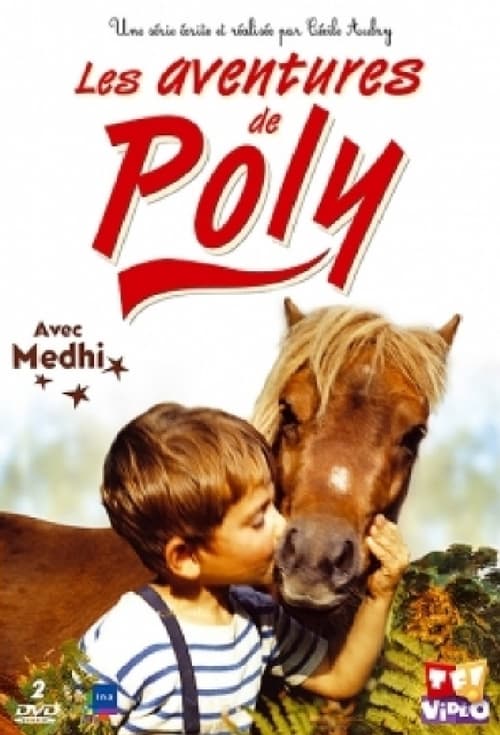 Poly (1961)7.5
Poly (1961)7.5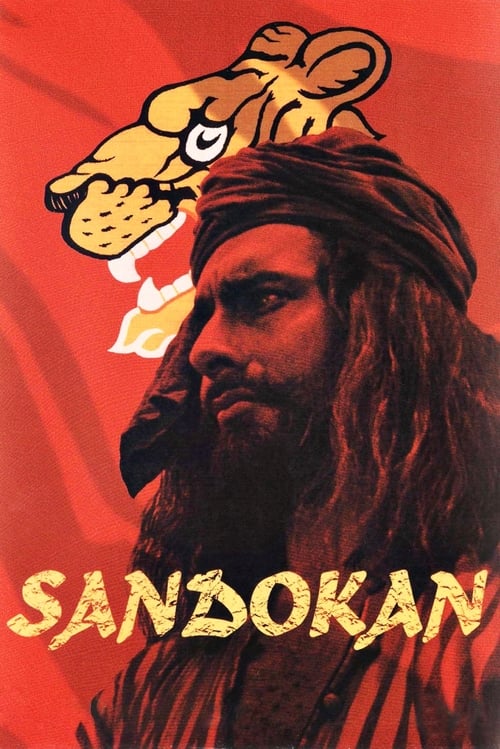 Sandokan (1976)7.1
Sandokan (1976)7.1In this mini-series in six parts from 1976 the Indian actor Kabir Bedi plays the lead role. Carol Andre plays Lady Marianna Guillonk and as Sandokans best friend Yanez de Gomera we see Phillipe Leroy. The noble prince Sandokan is a fighter of the first rank who are cruel to their enemies, but always loyal to his friends.
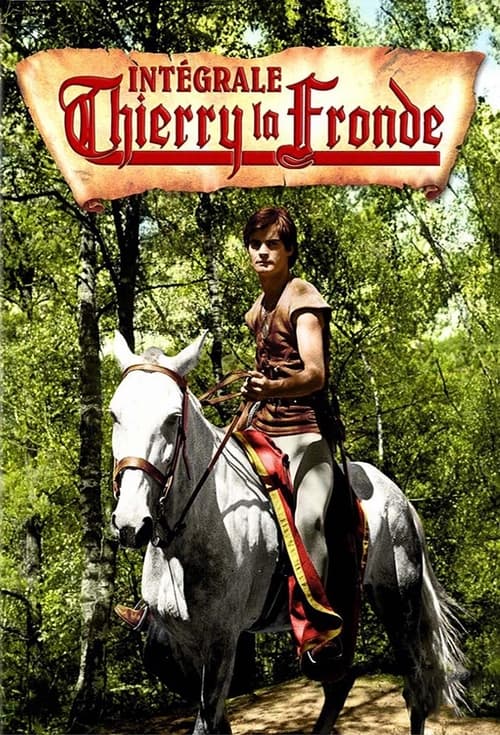 Thierry la Fronde (1963)7.0
Thierry la Fronde (1963)7.0Thierry la Fronde was a French television series that aired in 1963–66 on the television station, ORTF original script by Jean-Claude Deret. Dubbed into English, it was shown internationally in the 1960s, including in Canada, where it was referred to under the original name, and also as The King's Outlaw. It was shown as well in Poland as Thierry Śmiałek. On ABC in Australia, it was called The King's Outlaw. In the Netherlands, 32 of the 52 episodes were shown in 1967 as Thierry de Slingeraar, as a Netherlands Television Service programme.
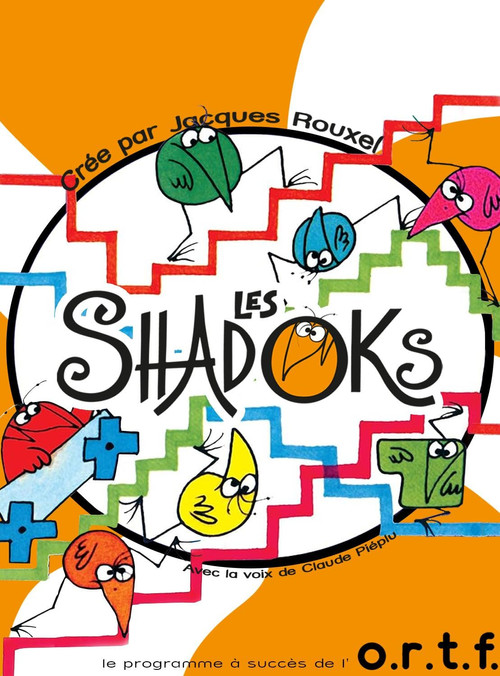 Les Shadoks (1968)7.0
Les Shadoks (1968)7.0Les Shadoks is an animated television series created by French cartoonist Jacques Rouxel which caused a sensation in France when it was first broadcast in 1968-1974. The Shadoks were bird-like in appearance, were characterised by ruthlessness and stupidity and inhabited a two dimensional planet. Another set of creatures in the Shadok canon are the Gibis, who are the opposite to the Shadoks in that they are intelligent but vulnerable and also inhabit a two-dimensional planet. Rouxel claims that the term Shadok obtains some derivation from Captain Haddock of Hergé's The Adventures of Tintin and the Gibis are essentially GBs. The Shadoks were a significant literary, cultural and philosophical phenomenon in France. Even today, the French occasionally use satirical comparisons with the Shadoks for policies and attitudes that they consider absurd. The Shadoks were noted for mottos such as: ⁕"Why do it the easy way when you can do it the hard way?" ⁕"When one tries continuously, one ends up succeeding. Thus, the more one fails, the greater the chance that it will work."
 Barnaby (1968)7.0
Barnaby (1968)7.0A French/Polish stop-motion animated TV series starring Colargol, a little bear who wants to sing and travel the world. The series was renamed Barnaby when it was dubbed into English and broadcast in the UK by the BBC.
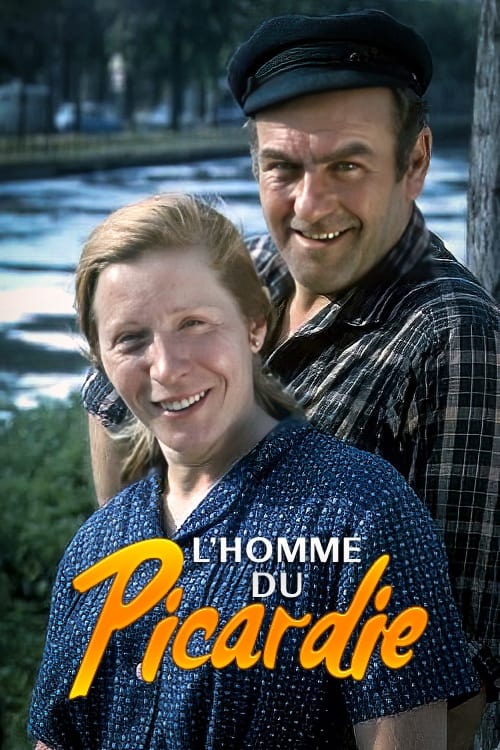 L'Homme du Picardie (1968)7.0
L'Homme du Picardie (1968)7.0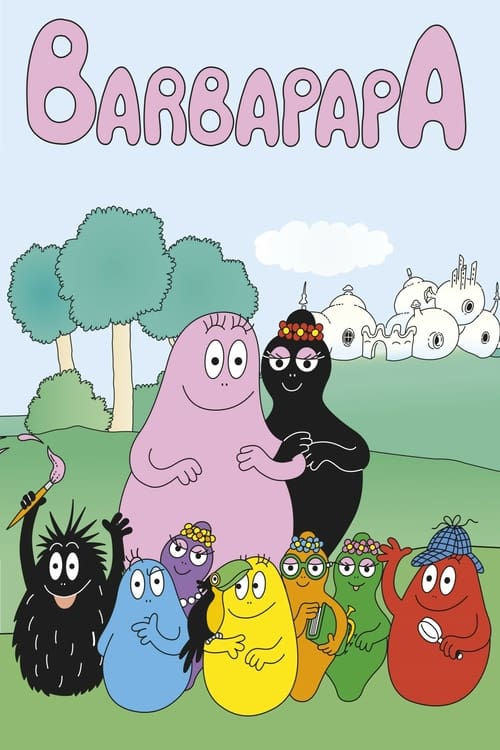 Barbapapa (1974)7.0
Barbapapa (1974)7.0The adventures of Barbapapa and Barbama and their seven children, where they search for their place in the world, while helping humans and animals.
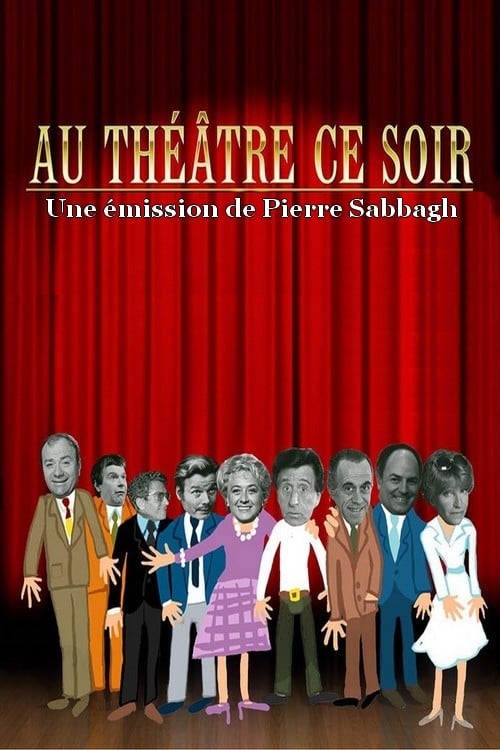 At Theatre Tonight (1966)6.7
At Theatre Tonight (1966)6.7At Theater tonight is a TV show broadcasted from 25th August 1966 to 21st September 1985. The show is broadcast plays recorded in two or three days, during public performances at the Théâtre Marigny on the Champs-Élysées, or sometimes Edouard VII theater.
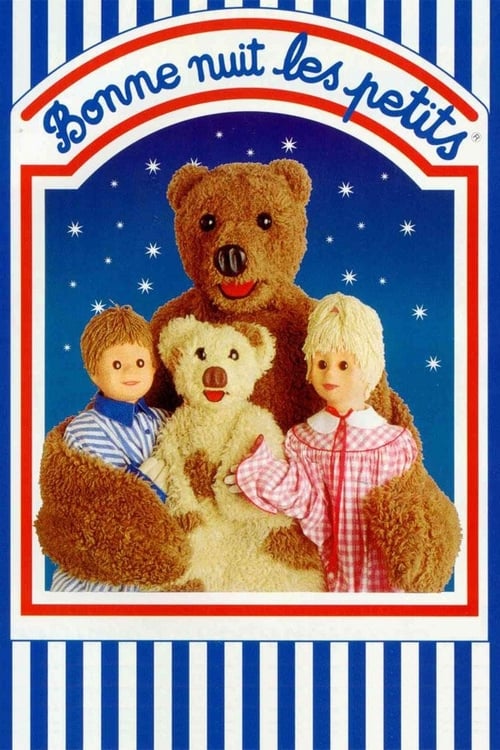 Bonne nuit les petits (1962)6.3
Bonne nuit les petits (1962)6.3 Midi trente (1972)6.0
Midi trente (1972)6.0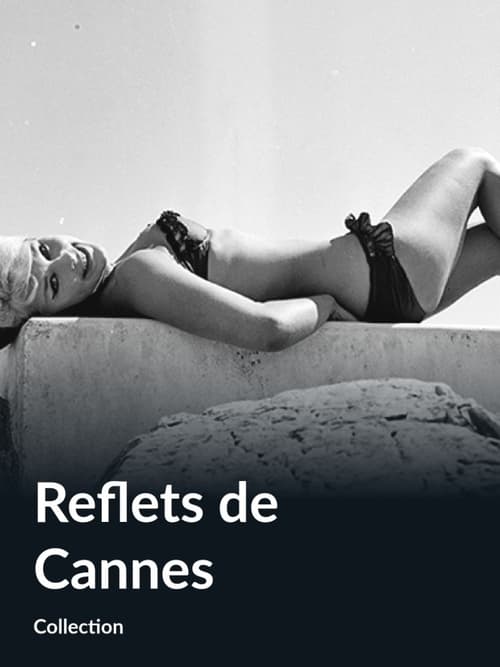 Reflets de Cannes (1954)2.0
Reflets de Cannes (1954)2.0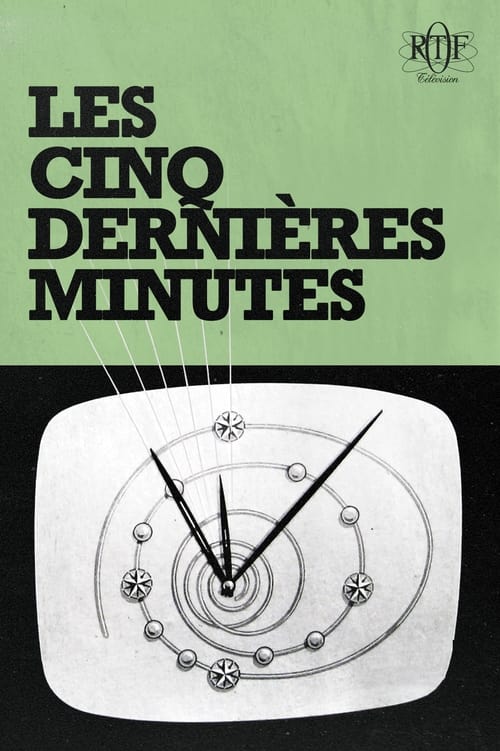 Les Cinq Dernières Minutes (1958)N/A
Les Cinq Dernières Minutes (1958)N/ALes Cinq Dernieres Minutes is a crime based French television series
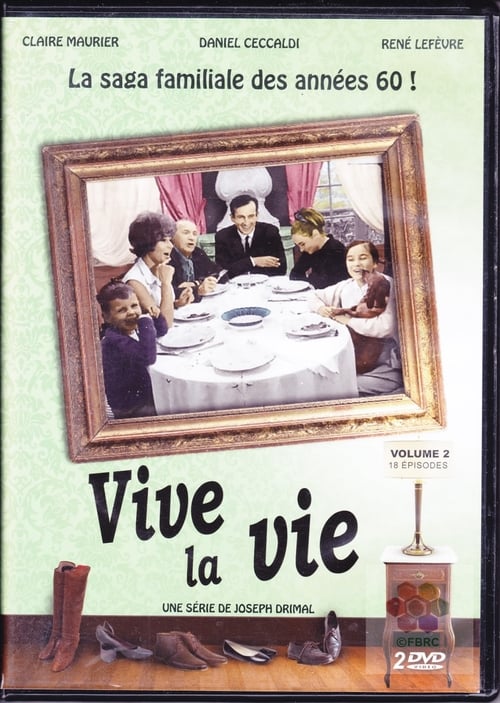 Vive la vie (1966)N/A
Vive la vie (1966)N/A